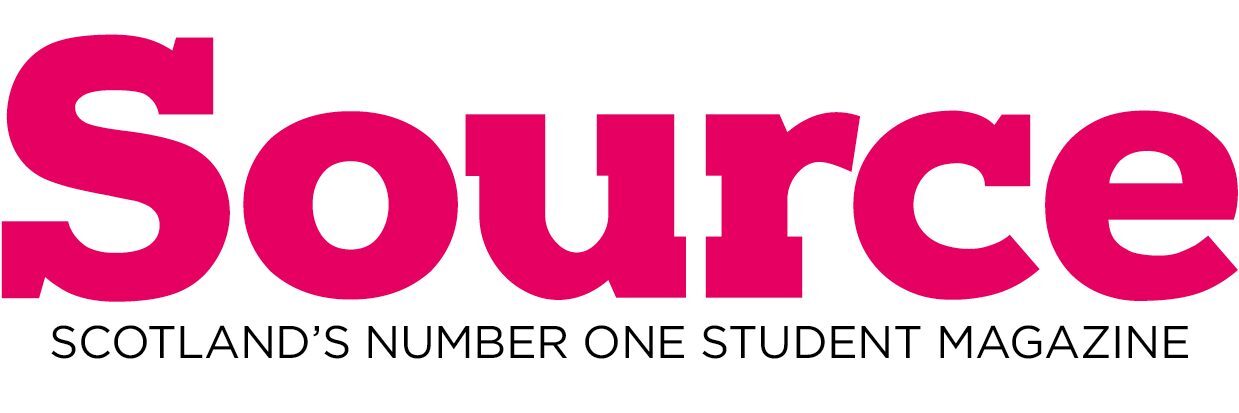
We talk to Jen Ang, Director of JustRight Scotland and Open University Law about how young Scottish human rights lawyers are going to change the world.
The face of law has changed over the years – it’s no longer corporate like Suits on tv as activism is becoming more popular among Scotland’s young people – but it’s not all protesting and signing petitions. There are plenty of young people studying for law degrees in order to make a real difference in the world.
“As a law lecturer, I know that most law students have a strong interest in social justice,” notes Jen, who works with asylum seekers.
The surge in interest in human rights should be a force for good and make for a fairer society for all, but unfortunately, the problem lies in the traineeships that law students must do after they complete their degree. The majority of traineeships are in commercial or private law – and not in public law or human rights.
Game Over?
You’re keen to study law at university and change the world – but it’s going to be an up-hill struggle to even get a traineeship in human rights, never mind a job. It doesn’t sound promising, but there’s no need to give up the ghost just yet. There are still ways and means to get into human rights law.
“The best advice I can give law graduates who want to become human rights lawyers is to expand your horizons and also learn how to communicate effectively with the public and non-lawyers,” notes Jen. It’s an invaluable skill that your law degree can’t give you. One of the best ways to do this is to volunteer with a human rights charity.
“Spend a summer in a non-legal context,” she advises. “Human rights is broad, it includes reducing poverty, combating violence against women, advocating for LGBTI equality, supporting refugee integration – there’s lots of issues, so choose one you’re passionate about and give your time generously.”
Competitive
Once you’ve completed your traineeship, it’s still not plain sailing. Like all areas in law, human rights law is magnificently competitive. “There are so few employed opportunities,” admits Jen. Your best plan of action is to equip yourself with the necessary legal skills, says Jen, but also gather other skills and network so people know who you are.
JustRight Scotland has an internship programme, but Jen also advocates getting in touch with organisations directly. “The charity sector is open to the personal approach, and you should use your initiative!” she says.
If human rights law proves too difficult to enter, and commercial or corporate law is not for you, there’s always a third option: public law. Working for the government or local authorit ies would help you gain relevant legal experience, while keeping your hand in the voluntary or charitable sector, so you can make the move to human rights later.
Brexit
Leaving the EU has changed everything – including the legal world.
“As we move towards Brexit, we have an opportunity to make things different, and hopefully better. Scots law is different from the law of England and Wales, and devolved from Westminster control in certain important areas.
The Scottish Government is more supportive than Westminster of protecting and promoting rights, and this gives us the opportunity to work towards a broader, more inclusive vision of human rights in Scotland.” Jen is confident there will be huge changes – and that’s something young lawyers will be a part of.

